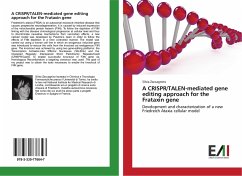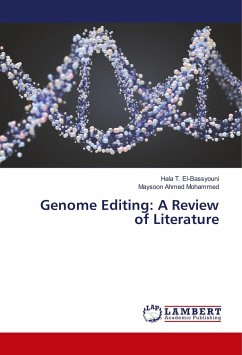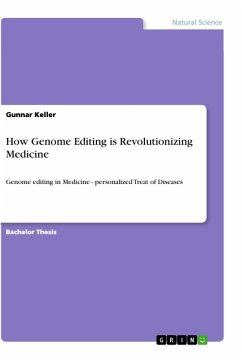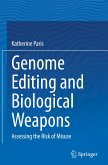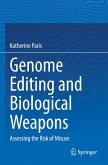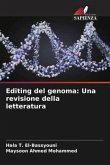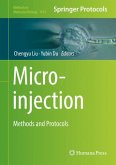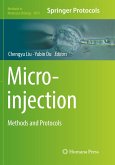Friedreich's ataxia (FRDA) is an autosomal recessive inherited disease that causes progressive neurodegeneration. It is caused by reduced expression of the mitochondrial protein frataxin (FXN). To follow the depletion of FXN linking with the disease chronological progression at cellular level and thus to discriminate causative mechanisms from secondary effects, a new cellular model was developed by Pastore's team in order to follow the effects of FXN depletion in a time controlled manner. The model was carried out using a human cell line in which an exogenous inducible gene was introduced to rescue the cells from the knocked out endogenous FXN gene. The knockout was achieved by using two gene-editing platforms: the Transcription Activator-Like Effector Nucleases (TALENs) and the Clustered Regularly Interspaced Short Palindromic Repeats/Cas9 (CRISPR/Cas9). To enable successful knockout of FXN gene via Homologous Recombination a targeting construct was used. The goal of my project was to obtain the tools necessary to enable the knockout of FXN gene.

